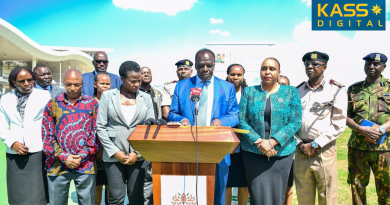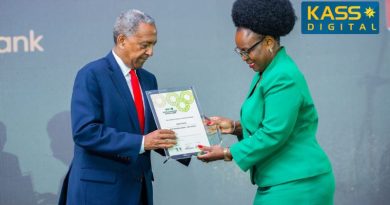Civil Society Pushes for Farmer-Led Agriculture at Africa Food Systems Forum in Senegal
By Chemtai Kirui
Thiès, Senegal — Civil society groups meeting on the sidelines of the Africa Food Systems Forum are urging the Economic Community of West African States (ECOWAS) to back farmer-led agroecology over industrial farming, warning that chemical-intensive models are degrading soils and eroding biodiversity.
At a session in Thiès, Senegal’s third-largest city, the Alliance for Food Sovereignty in Africa (AFSA) — a broad alliance of civil society actors who promote food sovereignty and agroecology in Africa, launched a study analyzing how ECOWAS, the 15-nation bloc coordinating regional economic and agricultural policies, adopts agricultural policies and programs.

Program Officer for West Africa Famara Diédhiou, Jean Michel Séne, executive secretary of Enda Pronat, a Senegal-based NGO promoting sustainable rural development and agroecology, and Senegal’s Ministry of Agriculture representative Ibrahima Khalil Sabal joined other stakeholders to use the findings to urge ECOWAS toward more sustainable, farmer-centered policies.
Séne said that persistent challenges, including monopolies in agricultural distribution, weak commercial outlets, and limited technical support from state services, continue to hinder the adoption of agroecological practices — farming methods that rely on natural processes instead of chemical inputs.
“Planning is not an isolated act, it is a community action,” Séne said, adding that coordinated efforts across countries and communities are needed. “What matters today is not individualism. These platforms are how we integrate, engage, and guide policy.”
The civil society group also used the forum to review the recently released AGRA Africa Food Systems Report 2025, produced by the Alliance for Food and Agriculture, a key organizer of the summit.
The report documented rapid gains in African agriculture since 2000, including annual growth of 4.3%, a drop in extreme poverty from 60% to 35%, reductions in child stunting from nearly 40% to 30%, and a 14-year increase in life expectancy.
But the report cautioned that challenges remain. Diets remain heavily reliant on starchy staples, public investment in agriculture falls short of targets, and weak infrastructure, limited access to technology, and youth unemployment continue to hinder progress toward self-sustaining food systems.
“We cannot grow what we do not fund. Agriculture must be treated as a central pillar of our economic and social development.” AGRA President Alice Ruhweza said.
AFSA, releasing a counter-report, questioned whether AGRA’s industrial model had delivered sustainable results.
“There is no proof of an increase in food security or reduction in poverty,” said Michael Farrelly, AFSA program officer.
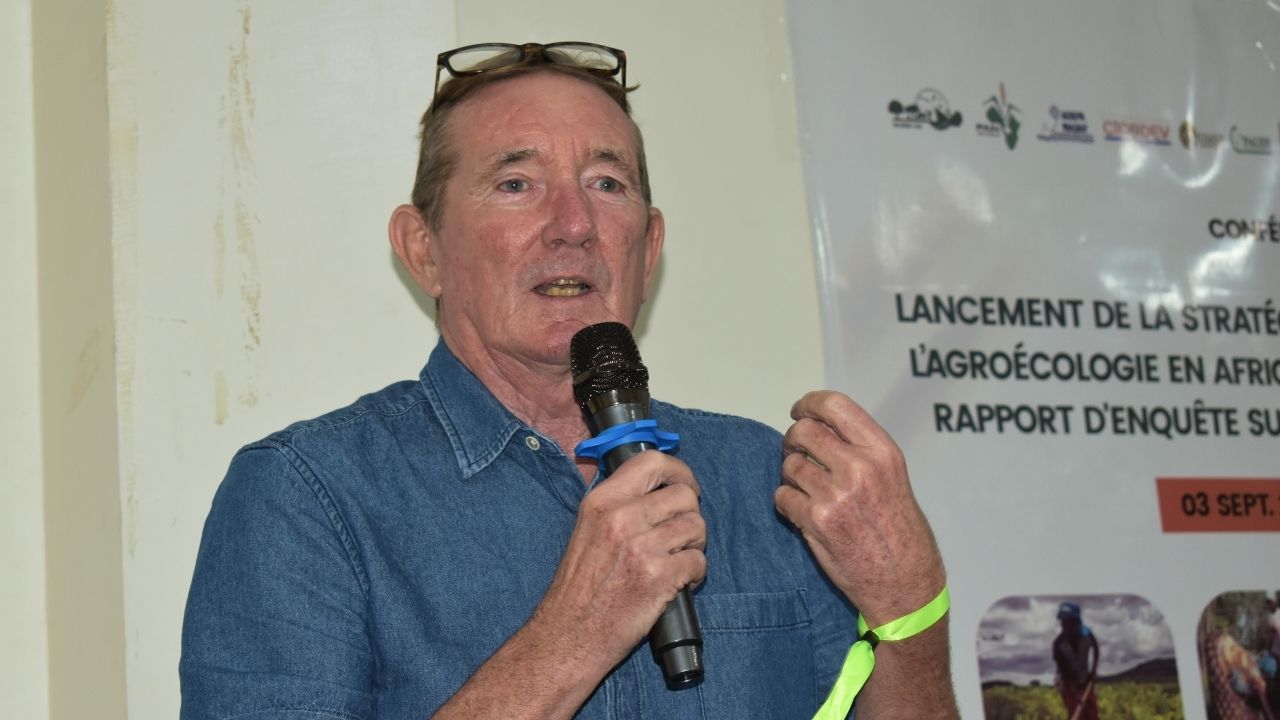
He said production of cash crops such as maize increased, while traditional staples declined, and that civil society input was often bypassed in policy decisions.
Kenya, like Ghana and Zambia, was included in AFSA’s analysis — with findings that industrial agricultural models have sidelined agroecological practices.
The report concluded that AGRA’s industrial approach threatens smallholder farmers and traditional crops, raising concerns about the removal of agroecology from policy discussions and the use of consultants within ministries to steer agricultural policies away from sustainable, community-based practices.
Speakers noted Africa’s heavy reliance on imported staples — up to 70% for wheat and 20% for other local products — and the associated ecological risks, including soils degraded by repeated use of chemicals.
Civil society representatives called for greater transparency in agricultural data and governance, urging governments and regional bodies to restore decision-making power to farmers and to launch continental campaigns protecting agroecology from exploitation.
“As long as Senegal does not recognize a peasant farming system, we will remain dependent on imported seeds,” said Sabaly, highlighting the economic stakes: rice, wheat, sugar, and milk, costing about 1,070 billion West African CFA francs (XOF) — roughly 245 billion Kenyan shillings (KES) annually.
The forum participants also turned to South-South knowledge sharing on peasant seed systems (traditional farmer seed networks), by looking into strategies from Colombia and Africa to strengthen community-driven agriculture and build resilient, biodiverse food systems.

The Knowledge Hub session, organized by the International Development Research Centre (IDRC), the Embassy of Colombia in Senegal, and Colombia’s Ministry of Agriculture, discussed the need to preserve local seeds as global agrobiodiversity (variety of crops and plants on farms) declines.
From Colombia to Senegal, peasants have developed community-owned seed systems that give farmers control over their seeds while protecting biodiversity, food security, and local food cultures.
“Farmers are the fuel for food systems in Africa,” said Jean-Paul Sikeli, coordinator of the Coalition for the Protection of African Genetic Heritage (COPAGEN) in Côte d’Ivoire. “The agriculture we promote is truly peasant agroecology—it is family farming that has always fed our communities, not industrial operators.”
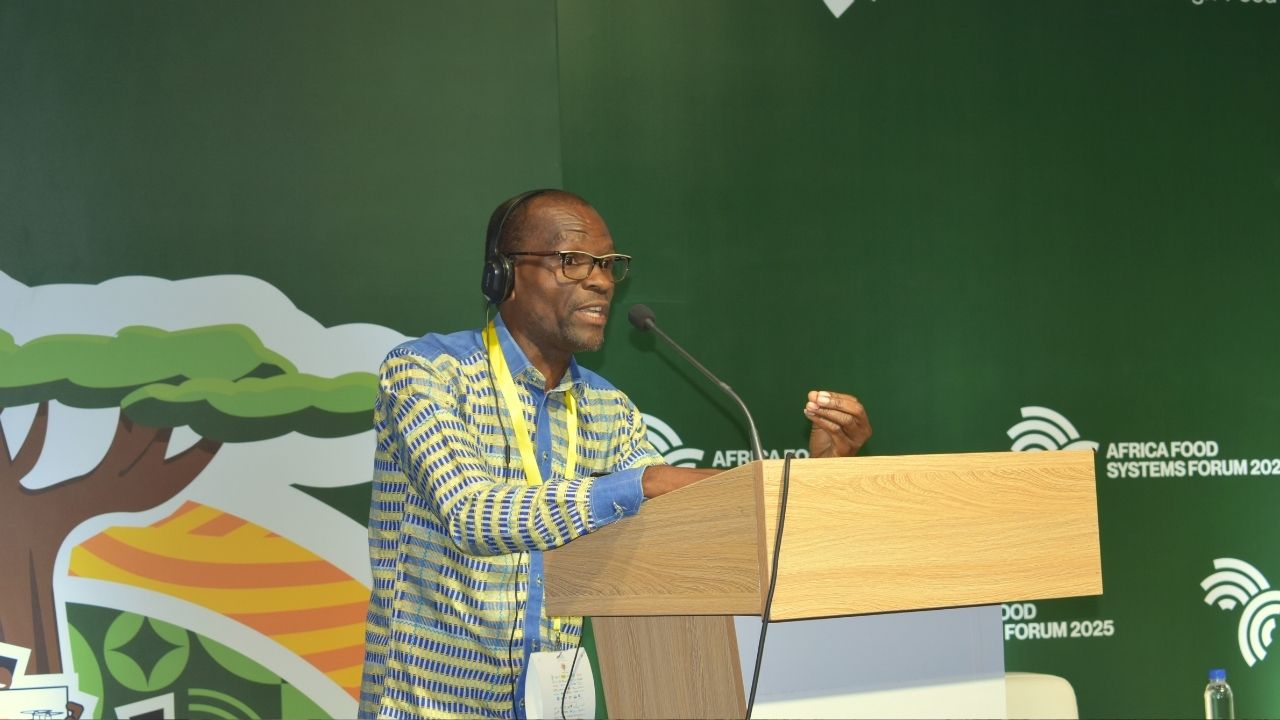
Sikeli added that peasant sustenance systems supply 80 to 90% of Africa’s staples, yet they remain largely unrecognized in policies dominated by industrial interests. COPAGEN works across nine West African countries to protect communities’ rights to their traditional seeds and crops.
Mariama Sonko, president of the We Are the Solution Movement in Senegal, a women-led rural initiative, called on governments to safeguard farmers’ seed rights.
“We need recognition and protection of peasant food systems to defend food sovereignty and promote sustainable, community-led agriculture,” she said.
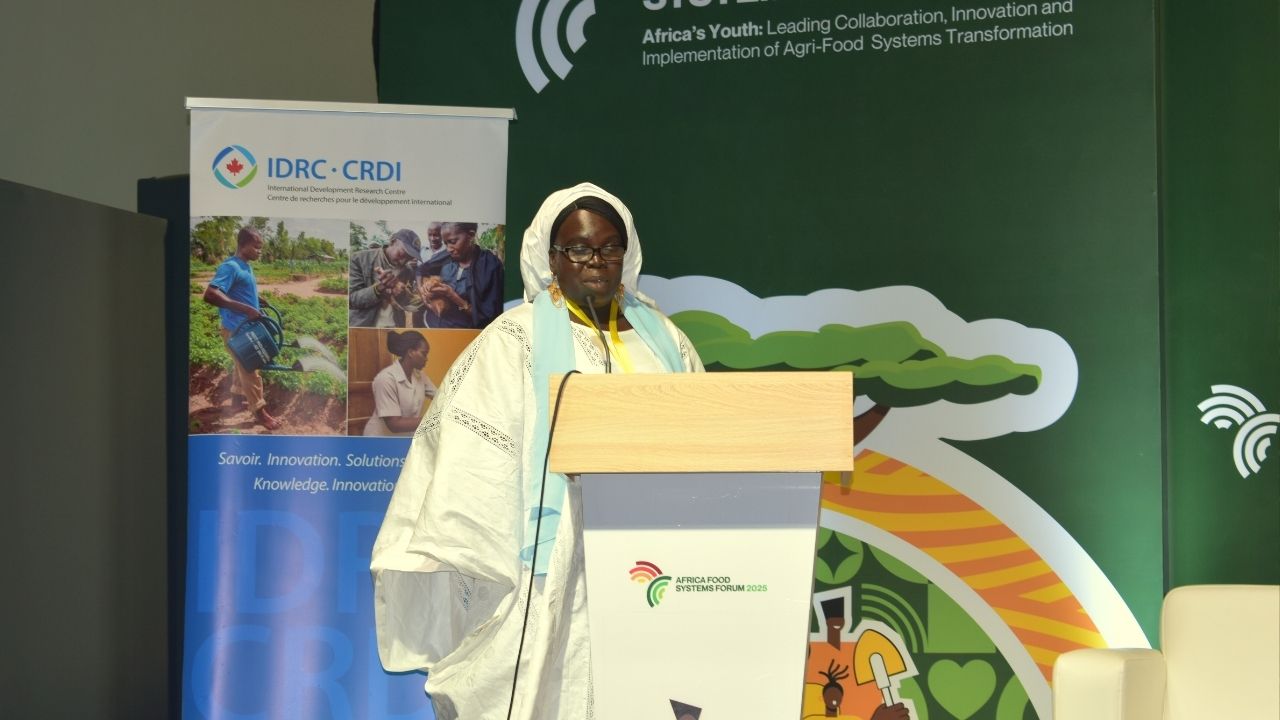
The forum, scheduled to end Friday, continues with its activities showcasing innovations across soil management, livestock, food systems, and agribusiness.


